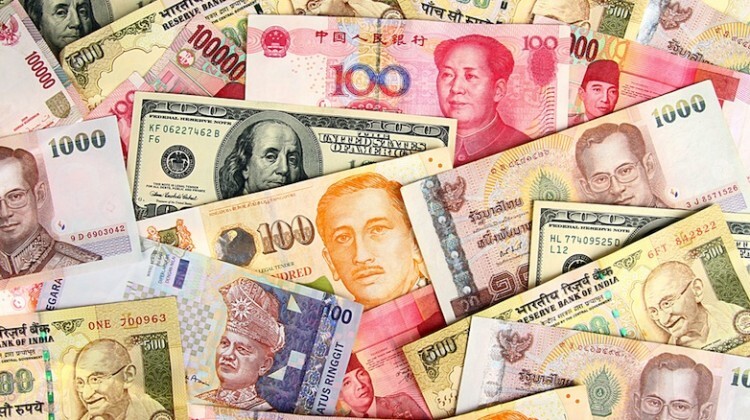Deflation discourages spending at all levels, because why spend right now when your cash will be worth more later? This kills any economy.
Asklemmy
A loosely moderated place to ask open-ended questions
If your post meets the following criteria, it's welcome here!
- Open-ended question
- Not offensive: at this point, we do not have the bandwidth to moderate overtly political discussions. Assume best intent and be excellent to each other.
- Not regarding using or support for Lemmy: context, see the list of support communities and tools for finding communities below
- Not ad nauseam inducing: please make sure it is a question that would be new to most members
- An actual topic of discussion
Looking for support?
Looking for a community?
- Lemmyverse: community search
- sub.rehab: maps old subreddits to fediverse options, marks official as such
- !lemmy411@lemmy.ca: a community for finding communities
~Icon~ ~by~ ~@Double_A@discuss.tchncs.de~
Inflation (of the supply of money in circulation) is caused by an increase in the supply of money in circulation. As the number of US dollars in circulation increases, inflation (of the money supply) is experienced.
We experience inflation instead of deflation because the ones who control the supply of money have chosen it.
And while many commenters are defending inflation as good and necessary, there is an argument that inflation punishes individuals who save or are on fixed income. Inflation of money supply is also described as "devaluation of currency"- it is becoming less valuable over time. Inflation could also be described by a "loss of purchasing power" which means a person can buy fewer goods and services with the same amount of money as the currency loses its value.
Because capitalism = cancer. It survives on endless growth. it hates retraction, even if the host survives longer.
So they print money and target inflation. They take actions that MAKE it so things never deflate.
